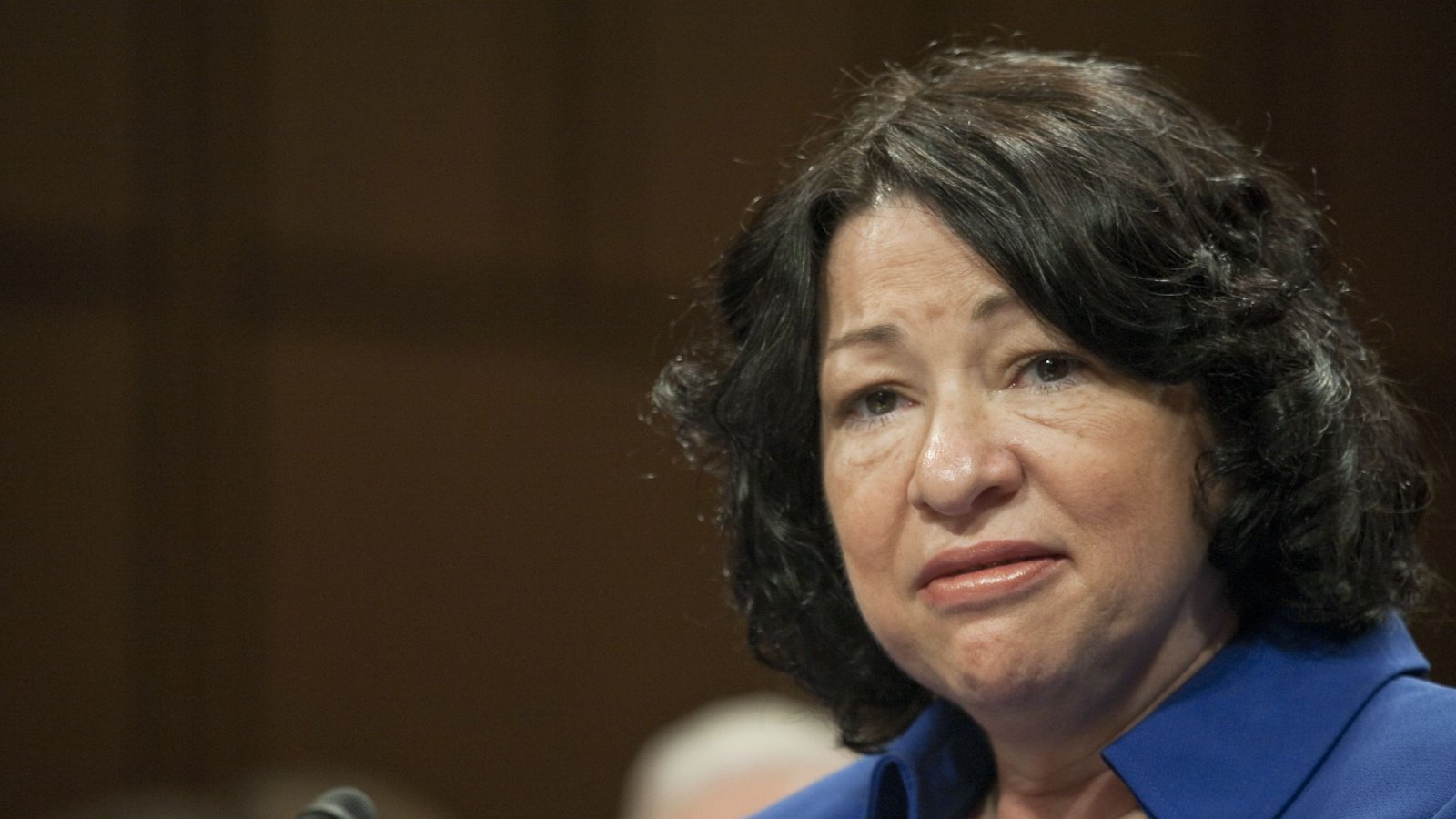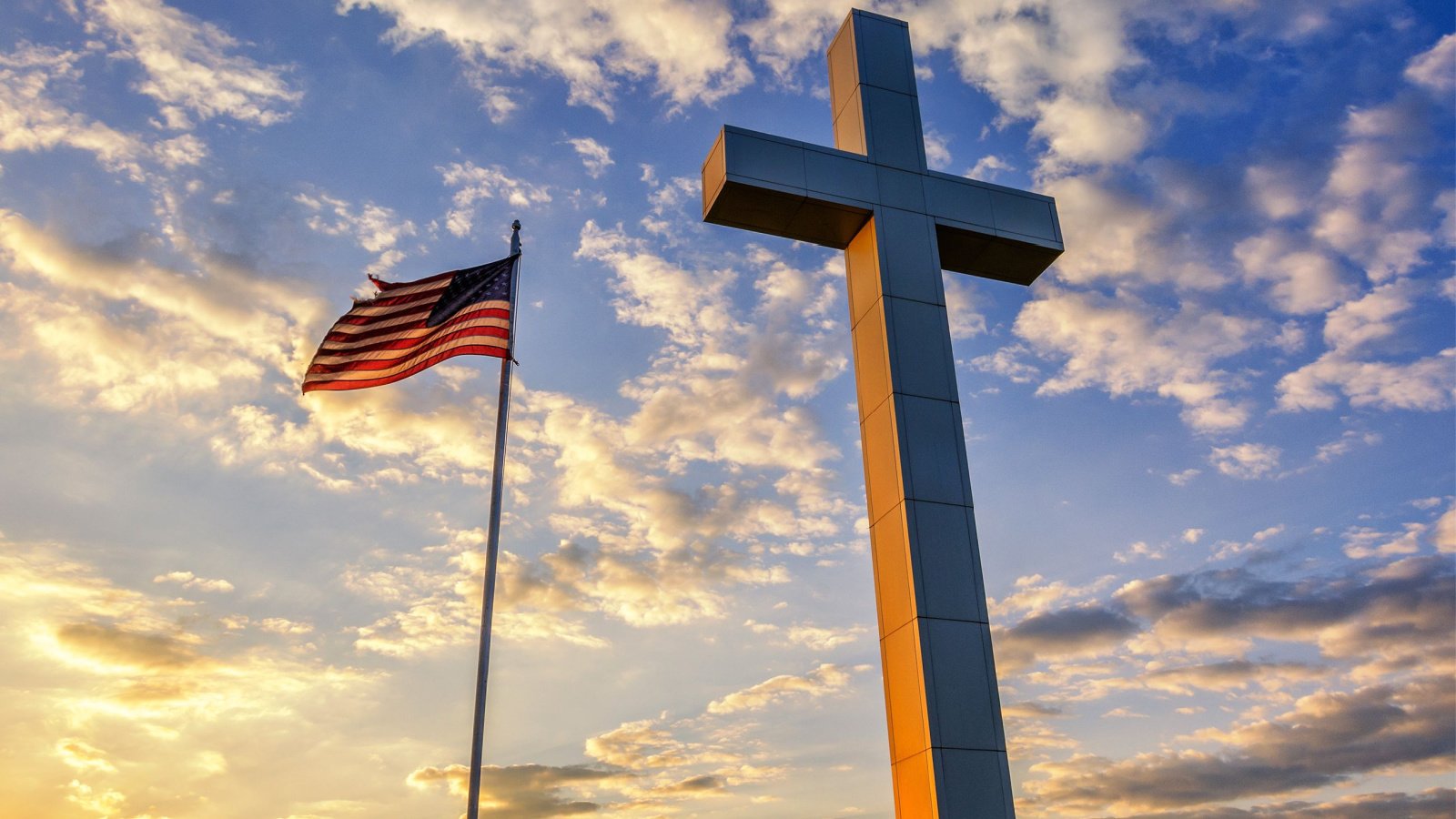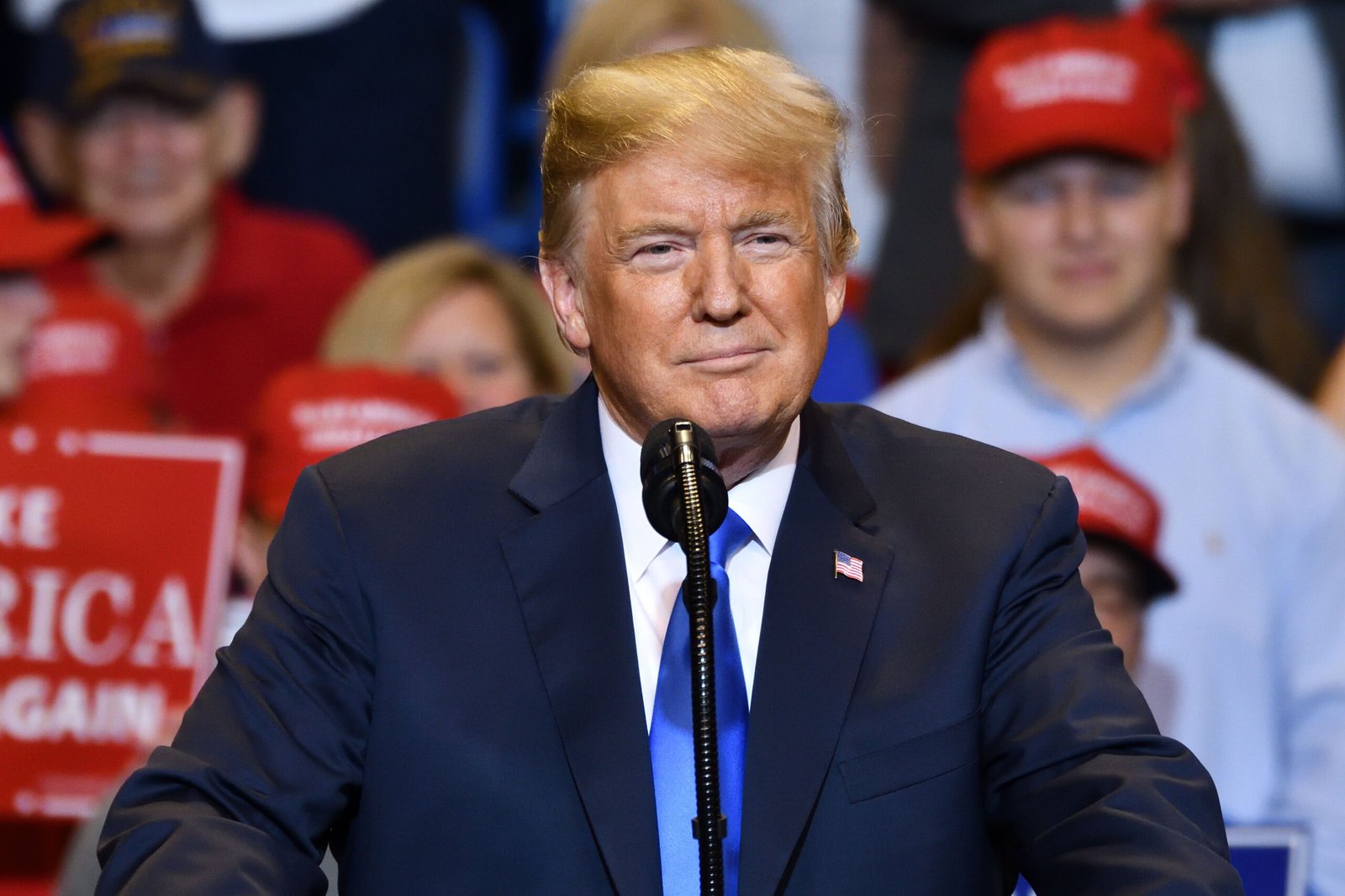Amidst a week of highly anticipated Supreme Court rulings, the Court sided with the White House, FBI, and other federal agencies in a case regarding suppressive activities on social media platforms. The Court found that the plaintiffs lacked standing to contest the actions of governmental entities to coerce social media platforms to moderate and remove content considered to be “misinformation.”
Implications of the Ruling
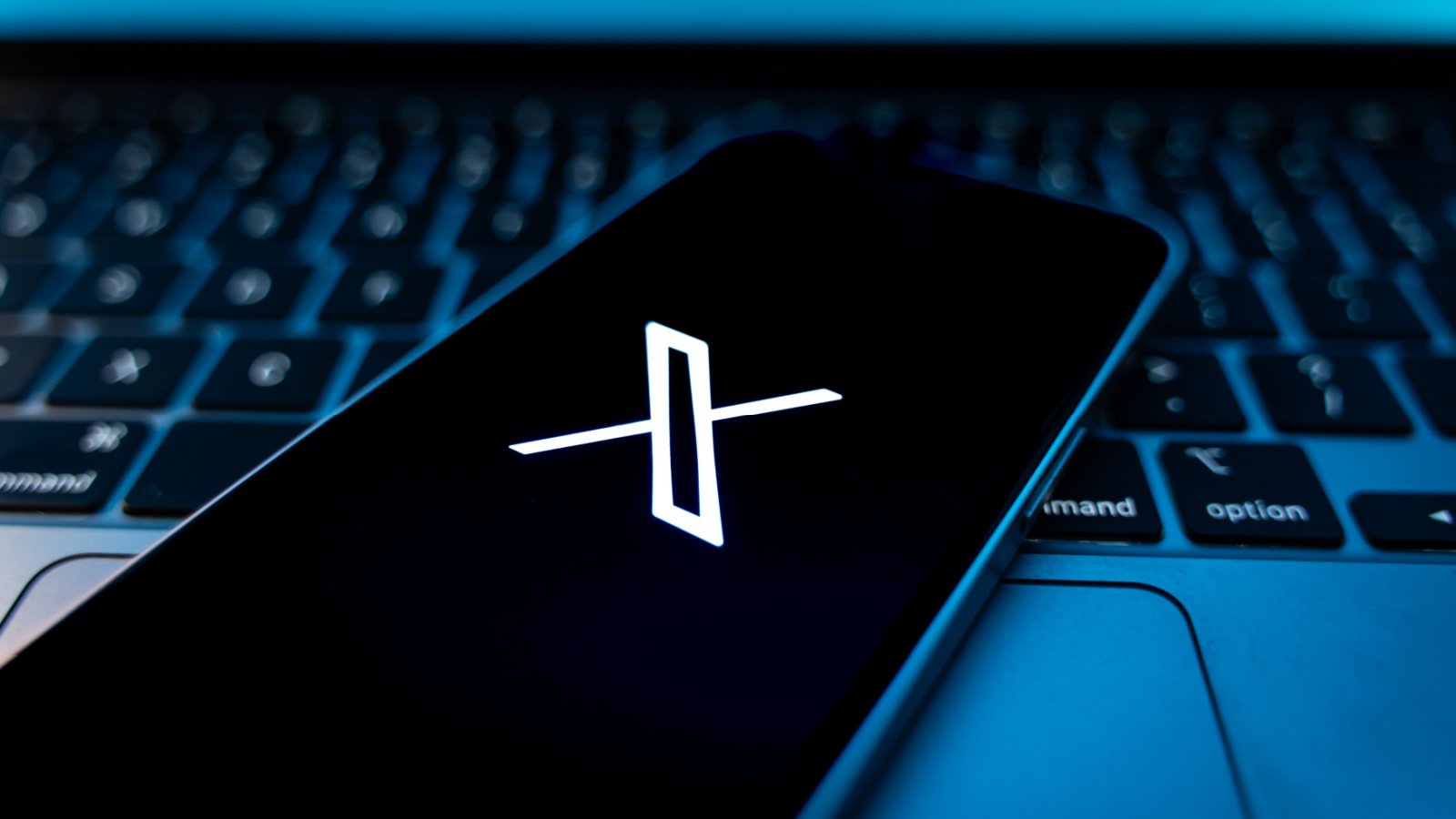
The ruling has immediate implications, as the Biden Administration has been flagging posts on Facebook and X for removal and censorship that they suspect are foreign entities interfering in the upcoming elections.
Court’s Focus on “Standing”
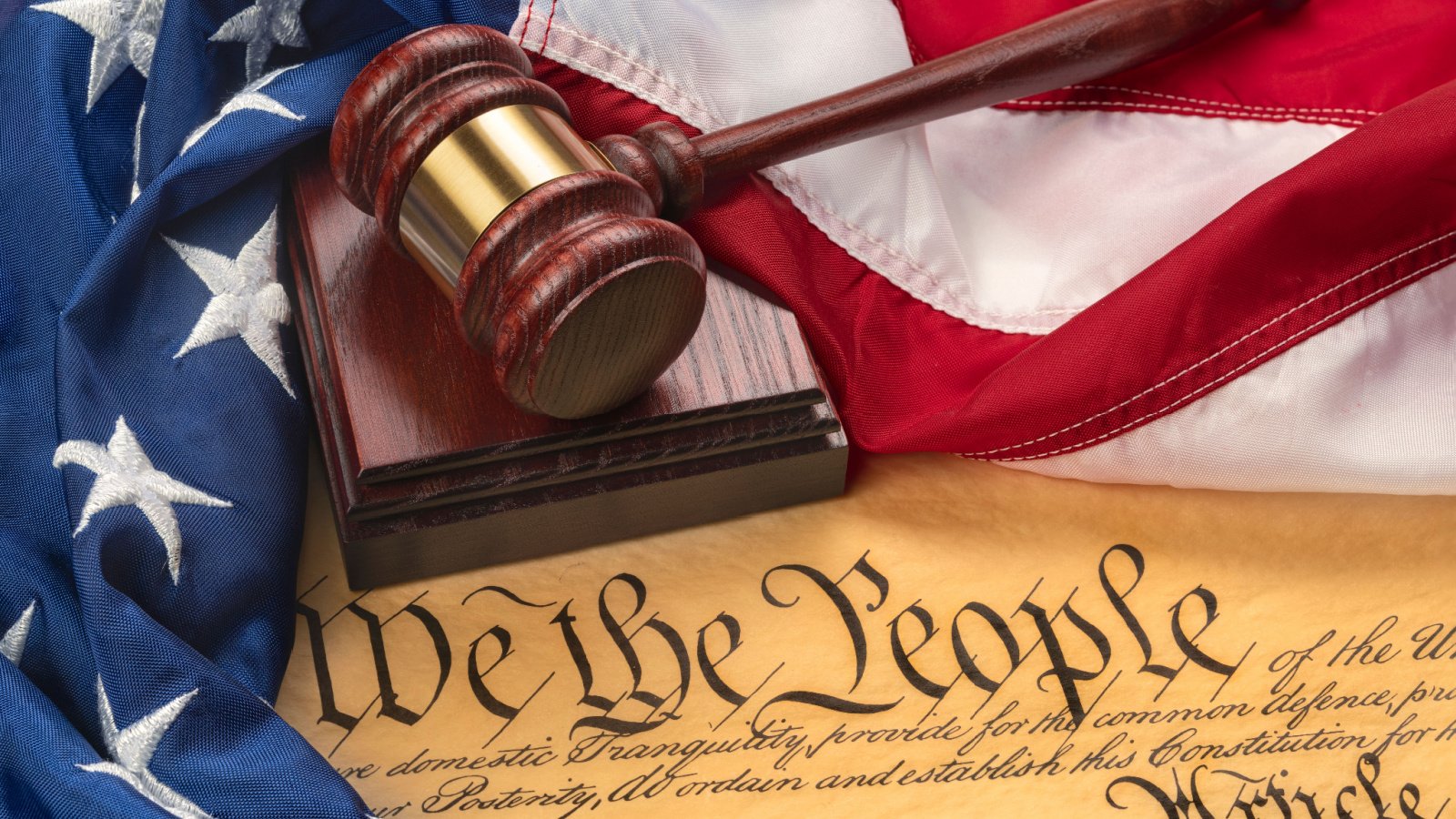
The Court sidestepped the “Free Speech” issues presented by a challenge to the First Amendment, focusing instead on the “standing” of the state and media users who had initiated the lawsuit.
Barrett’s Opinion on Standing
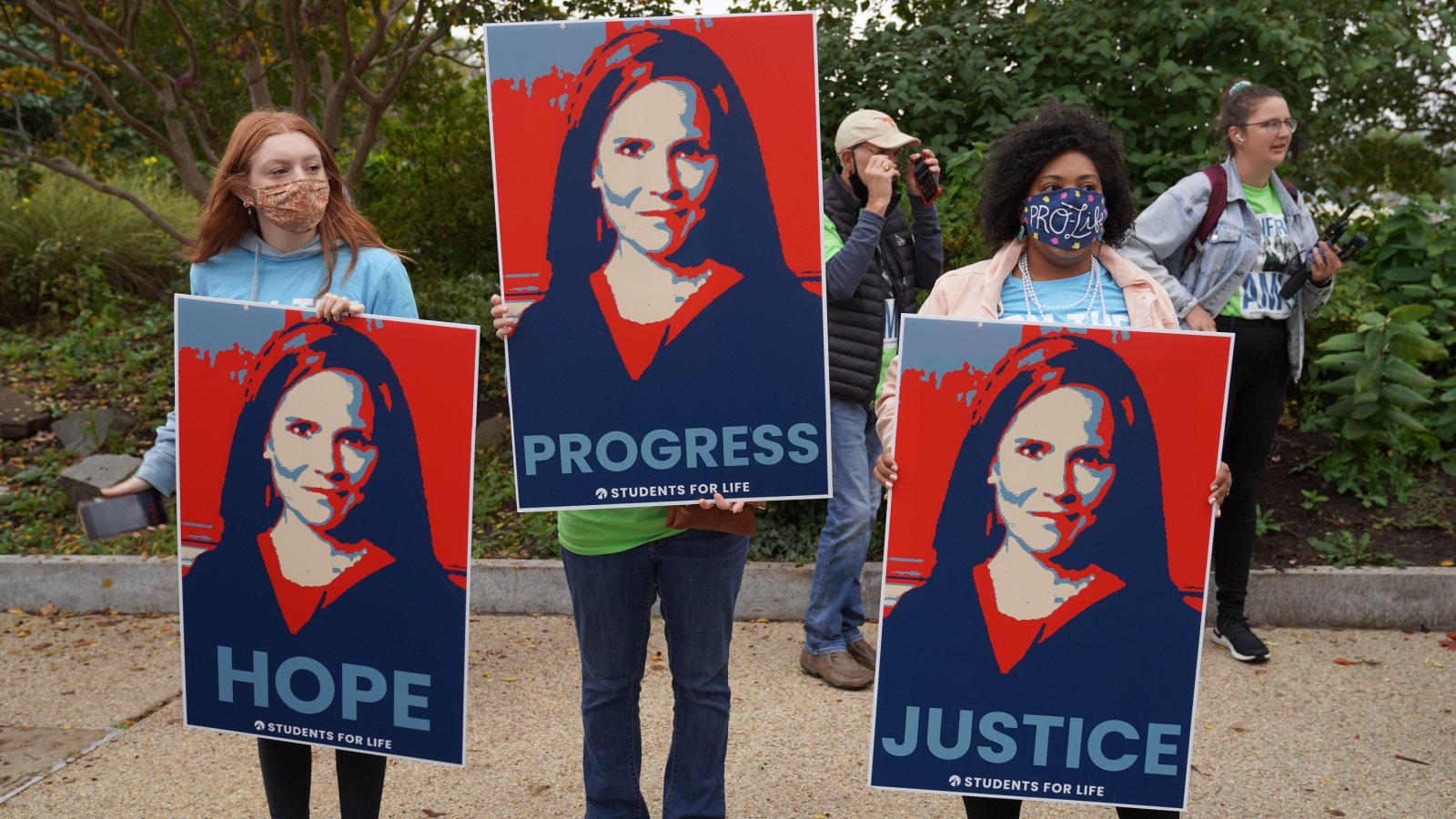
Justice Amy Coney Barrett wrote in the 6-3 majority opinion, “To establish standing, the plaintiffs must demonstrate a substantial risk that, in the near future, they will suffer an injury that is traceable to a government defendant and redressable by the injunction they seek. Because no plaintiff has carried that burden, none has standing to seek a preliminary injunction.”
Biden Administration’s Efforts to Curb “Misinformation”

For the past four years, the Biden Administration has been trying to restrict content they deem “misinformation” regarding the COVID-19 pandemic, vaccines, other hot-button political issues, and the electoral system in the U.S. The Administration has pointed out that much of the content they have sought to restrict also goes against social media companies’ policies and standards.
Lawsuit by Republican Officials and Social Media Users
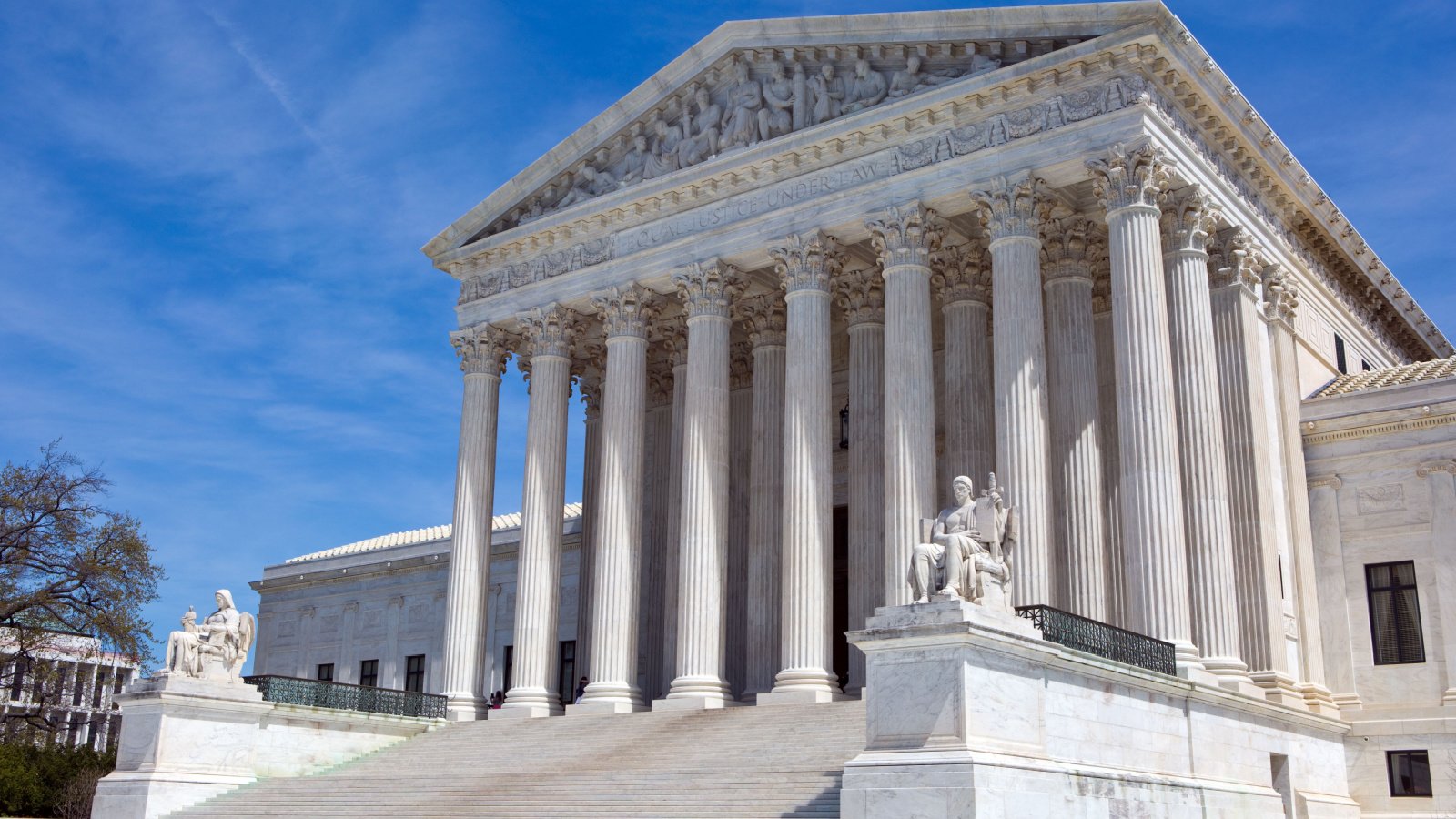
In the case that reached the highest Court this term, Republican officials in Missouri and Louisiana, along with five social media users, initiated a lawsuit over the Biden Administration’s activities to suppress content and certain social media users.
“Jawboning” Techniques Described by Plaintiffs

They argued that the Administration “jawboned” social media companies to remove or restrict the reach of certain posts. Jawboning refers to a coercive method used to silence alternative opinions.
Claims of Suppressed Content
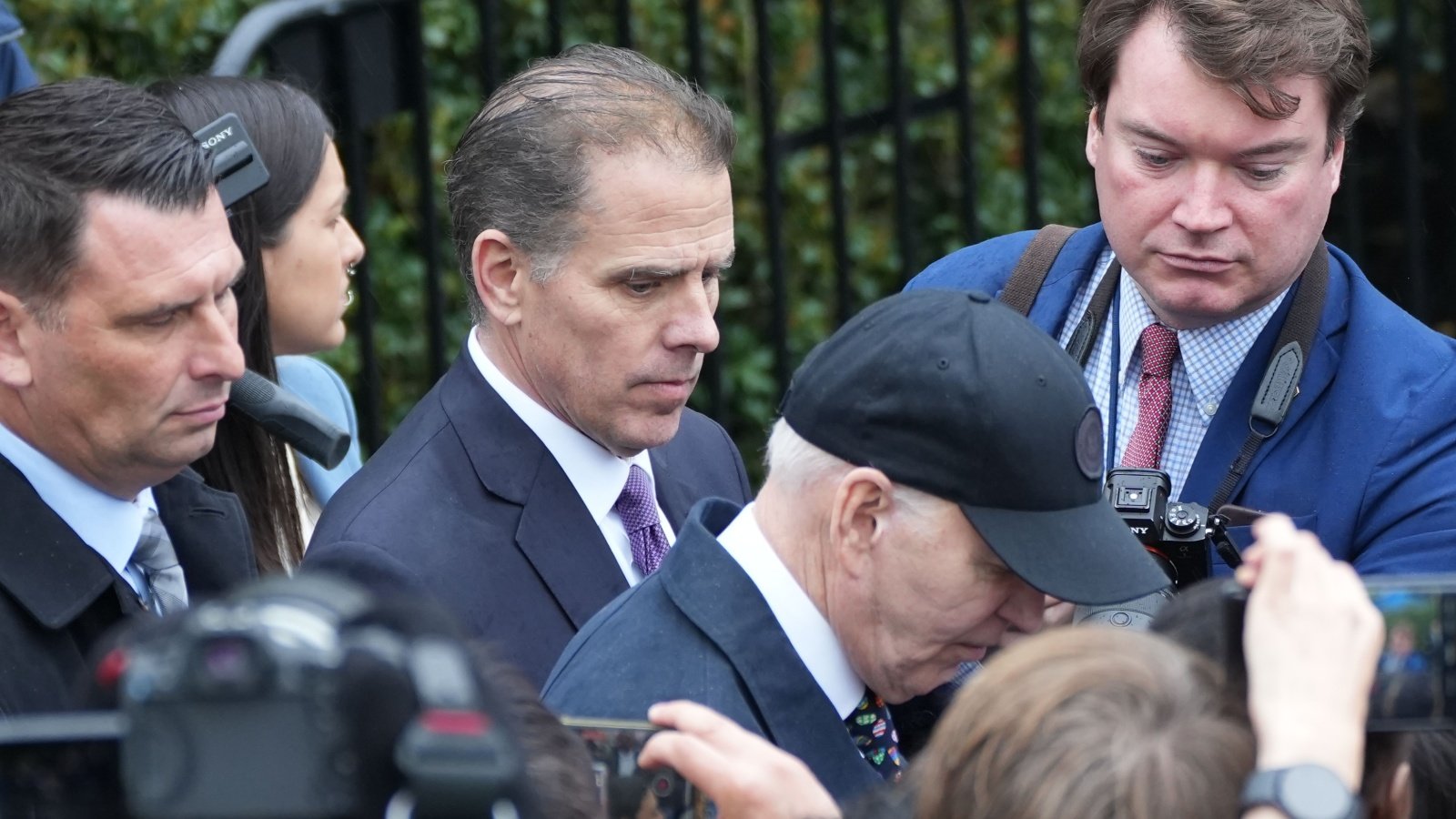
Specifically, these plaintiffs claim that the technology companies restricted coverage of Hunter Biden’s laptop in 2020. Court documents show, however, that Twitter’s high-level decision-makers were divided on whether to restrict coverage of the story on the platform. According to the federal representatives, the decision was made internally rather than through outside governmental influence.
Allegations Against the FBI
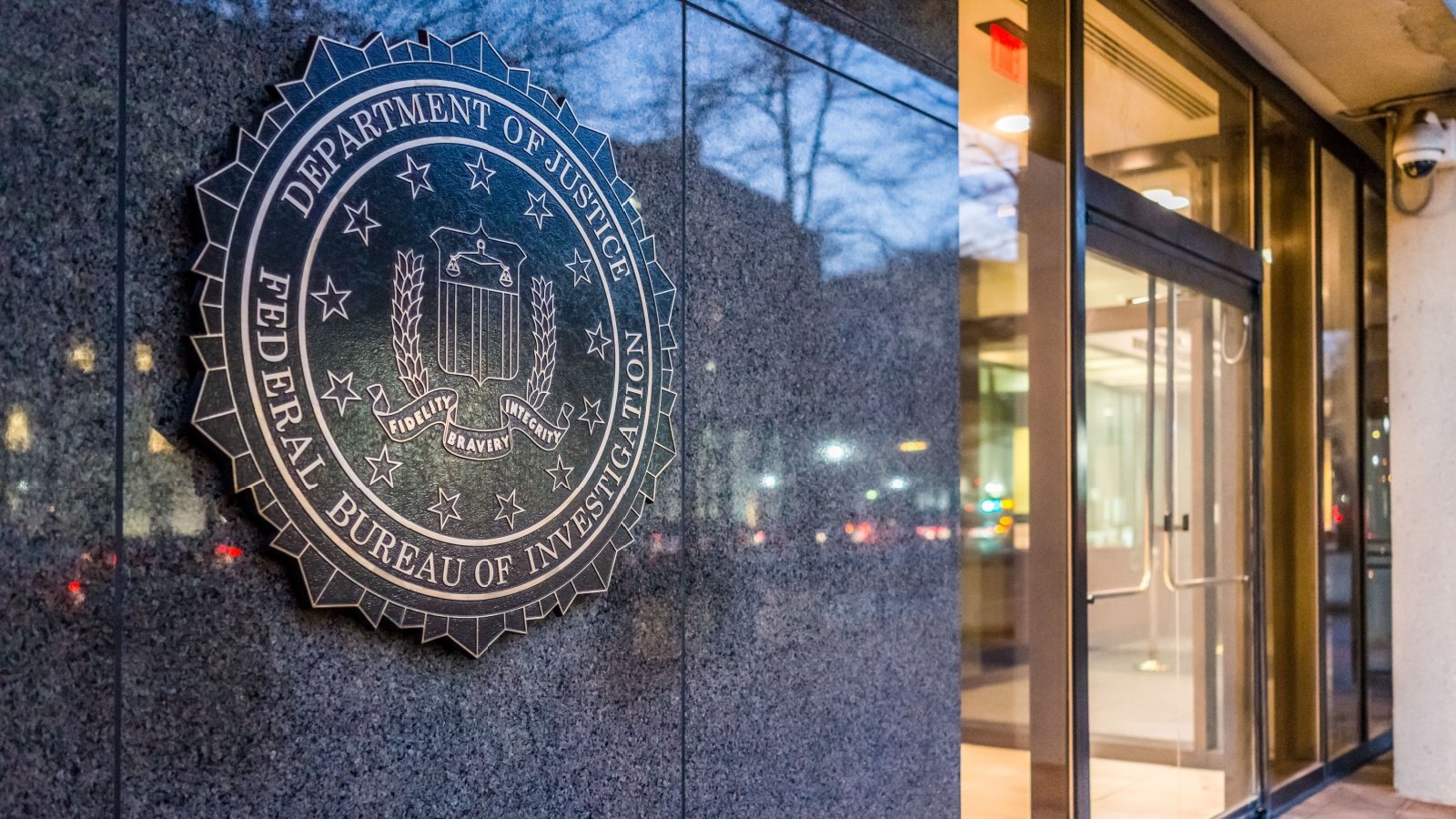
Further, the plaintiffs claim that the FBI attempted to suppress content written by Americans by erroneously identifying it as written by foreign interests.
Justices in the Majority
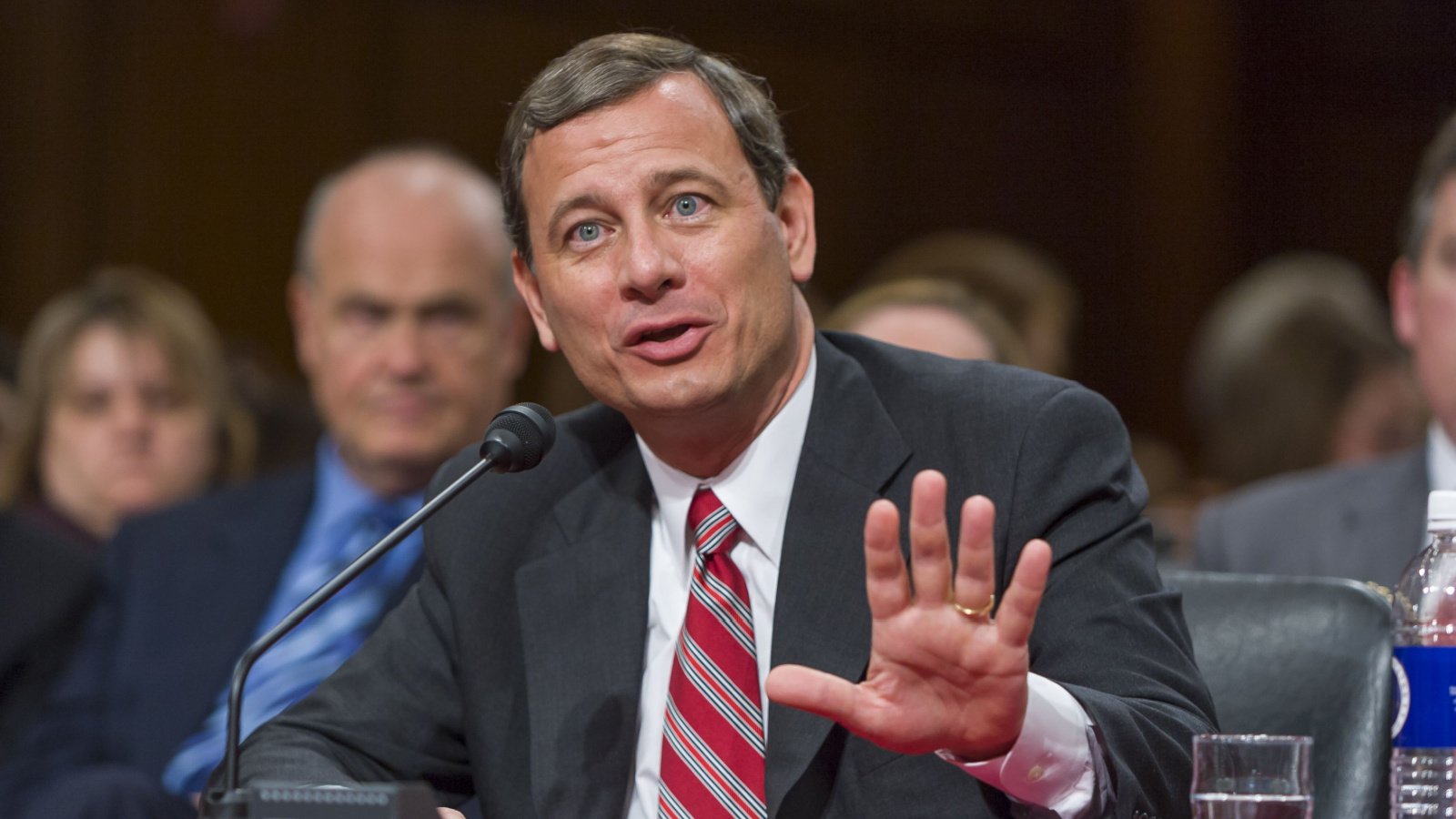
Five other justices joined Justice Barrett in her opinion, including Chief Justice John Roberts, Justices Sonia Sotomayor, Elena Kagan, Brett Kavanaugh, and Ketanji Brown Jackson.
Dissenting Opinion

The three dissenters, Justices Samuel Alito, Clarence Thomas, and Neil Gorsuch, said in their dissent written by Alito that the suppression case is “one of the most important free speech cases to reach this Court in years.” Unlike the majority, the dissenters believed that the plaintiffs were able to establish standing.
Alito Claims Court Sets Precedent in Favor of Coercion
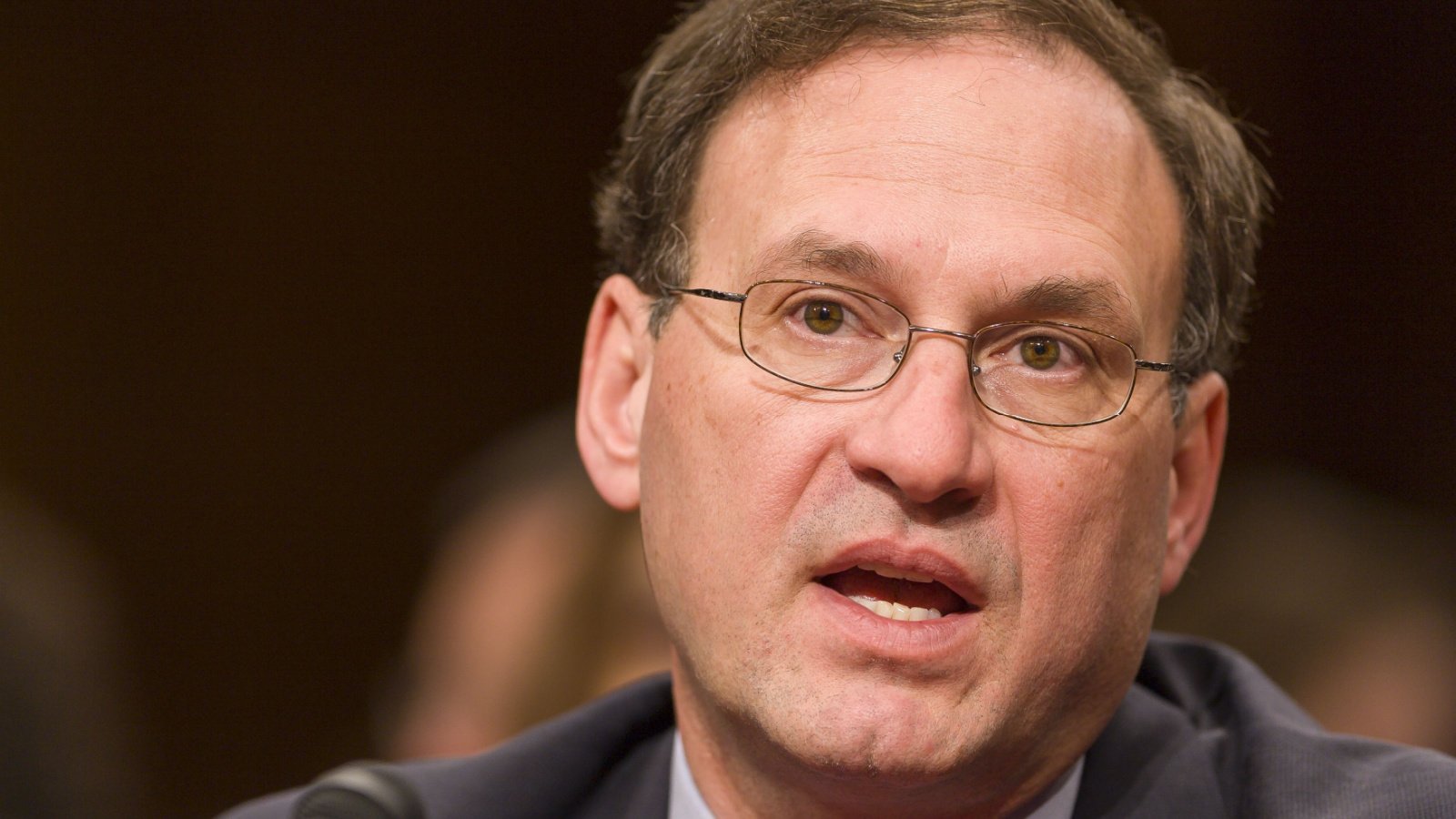
Alito wrote in his dissent, “The Court…shirks that duty and thus permits the successful campaign of coercion, in this case, to stand as an attractive model for future officials who want to control what the people say, hear, and think. That is regrettable.”
Lack of Comment on Merits of the Claims
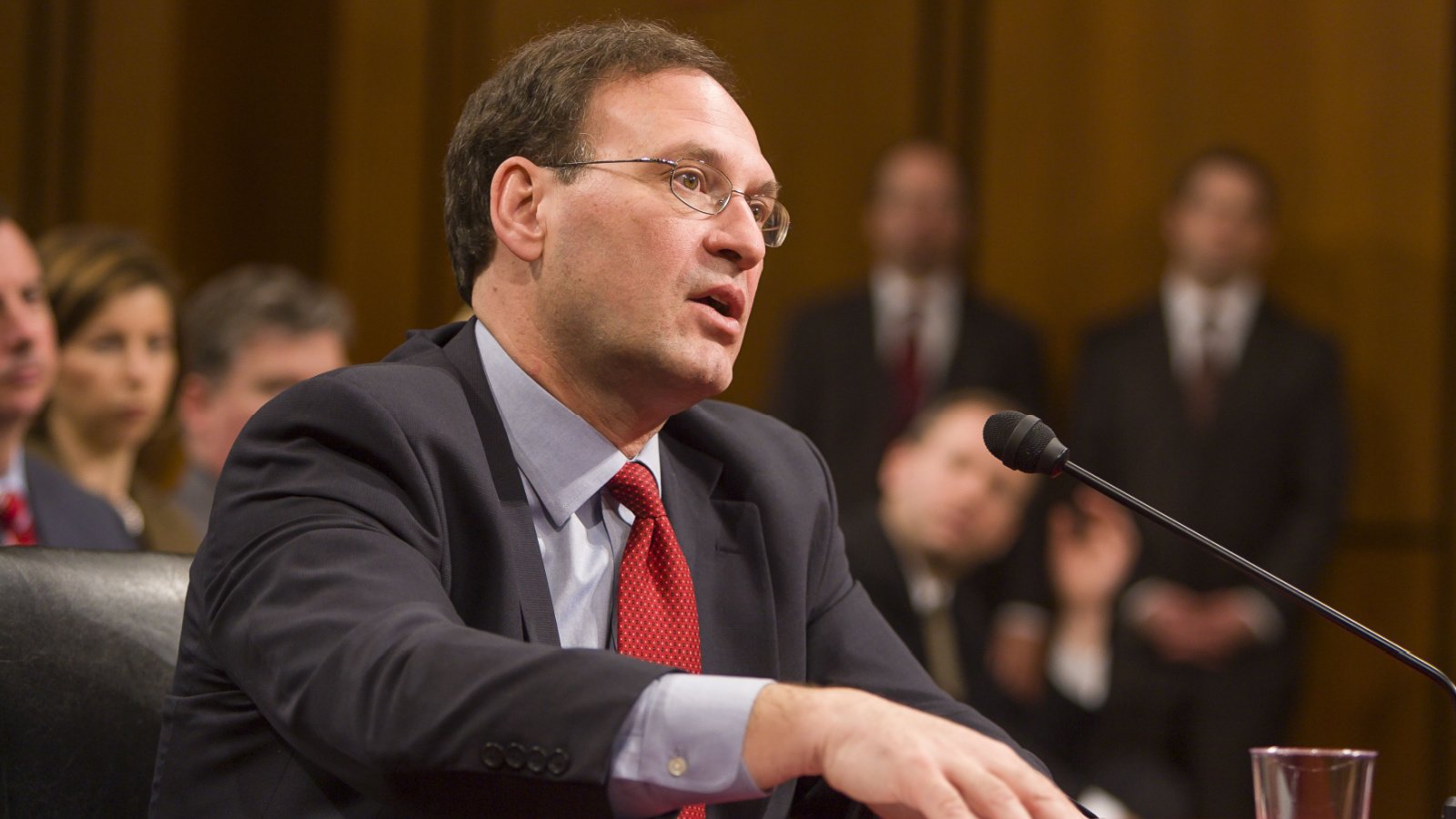
While the Court decided in favor of the Biden Administration due to the plaintiffs’ lack of standing, it did not comment on the merits of the claims made in the lawsuit. In their dissent, Alito, Thomas, and Gorsuch emphasized, “It was blatantly unconstitutional, and the country may come to regret the Court’s failure to say so.”
Dissent’s Critique of the Majority’s Decision

The dissent calls the majority’s decision “unjustifiable,” claiming, “For months, high-ranking government officials placed unrelenting pressure on Facebook to suppress Americans’ free speech. Because the Court unjustifiably refuses to address this serious threat to the First Amendment, I respectfully dissent.”



